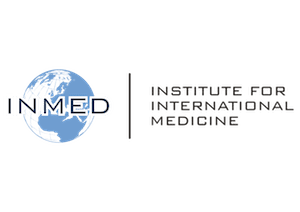Overview
Kijabe Hospital enjoys a very good reputation among the Kenyan people and is relatively modern compared to other medical care facilities in the nation. Services include inpatient adults and pediatrics, obstetrics, gynecology, neonatology and a very busy surgery department. Kijabe also emphasizes care in HIV and orthopedics. Since it is a referral center, patients coming to Kijabe tend to be very sick.
The hospital has a strong commitment to medical education and frequently hosts medical students from the USA, Canada, Netherlands, the UK, and Australia. The facility also sponsors residencies in general surgery and family medicine. Students participate in the full range of clinical care and are supported by a faculty who regularly make presentations at scientific meetings.
